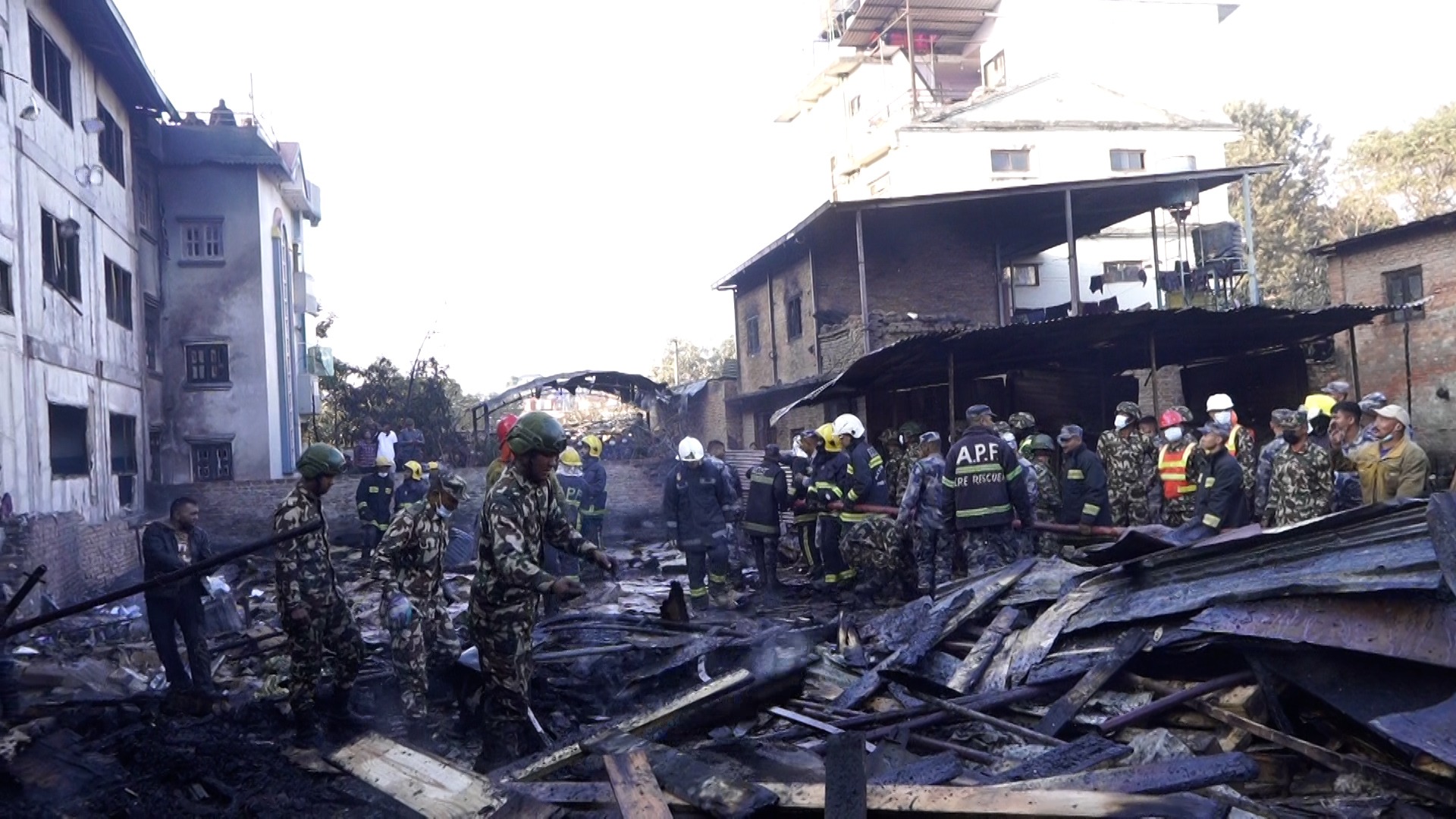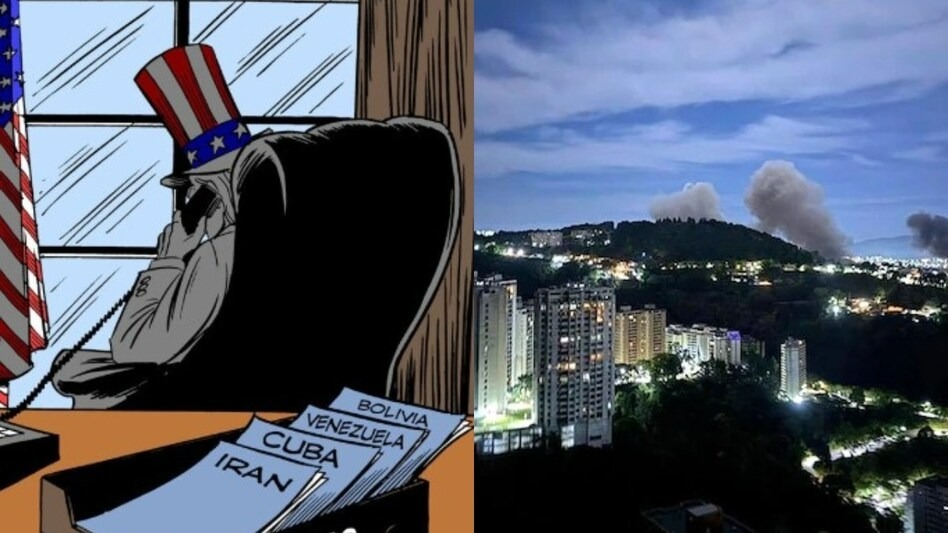Forest Fires Ravage Nepal: Urgent Measures Needed

Kathmandu, May 1: Forest fires have become a grave concern across Nepal, with reports indicating raging blazes in 165 locations spanning 39 districts. The National Disaster Risk Reduction and Management Authority has issued warnings, highlighting the urgent need for intervention to curb the escalating crisis.
Stakeholders are deeply troubled by the prospect of continued fires in the absence of rainfall. Regrettably, the Water and Weather Forecasting Division has forecasted no immediate relief in the form of rain to quell the infernos.
Meteorologist Govind Jha underscored the challenging conditions, stating that while scattered showers are anticipated in certain regions over the next three days, they won’t be sufficient to extinguish the fires. “While there may be some rain in parts of Koshi, Gandaki, and Karnali, it won’t be enough to control the forest fires,” he cautioned.
Tragically, the fires have already claimed two lives in Lalitpur, underscoring the perilous nature of firefighting efforts. Expert Sundar Sharma lamented the difficulty in managing the blazes amidst prolonged dry spells and adverse weather conditions. “Nepal’s challenging geography exacerbates the situation, with winds fueling the spread of fires,” he remarked.
Districts such as Salyan, Surkhet, Kailali, Dailekh, and Doti have borne the brunt of the conflagration, raising concerns about the safety of lives and human settlements. Sharma revealed that an alarming 80 houses are razed annually due to forest fires, exacerbating the humanitarian crisis.
Forest expert Dr. Soni Baral Gowli emphasized the need for sustainable forest management practices to mitigate fire incidents effectively. He stressed the importance of a management-oriented approach over conservation-oriented strategies to address the root causes of forest fires.
To combat the scourge of forest fires, Division Forest Offices have initiated comprehensive public awareness campaigns and begun installing CCTV cameras to deter human-induced incidents. Forest Officer Theer Prasad Koirala highlighted human activities such as careless disposal of cigarettes and deliberate burning as leading causes of forest fires.
The Forest Act 2076 prescribes stringent penalties for offenders, aiming to deter such destructive behavior. Divisional Forest Officer Vijayraj Subedi emphasized the deployment of CCTV cameras as a crucial deterrent against deliberate arson, signaling a concerted effort to enforce the law and safeguard the environment.
Furthermore, Nepal’s Forest Fire Management Strategy 2067 outlines a multifaceted approach to fire prevention and control, emphasizing community mobilization, bilateral cooperation, and ecological resilience. The strategy underscores the imperative of reducing human and environmental losses while enhancing forest productivity through sustainable management practices.
As Nepal grapples with the escalating threat of forest fires, urgent action is imperative to safeguard lives, livelihoods, and biodiversity. Collaborative efforts among government agencies, local communities, and stakeholders are essential to mitigate the impact of this environmental crisis and ensure a sustainable future for Nepal’s forests.
Facebook Comment
latest Video
Trending News
- This Week
- This Month

















